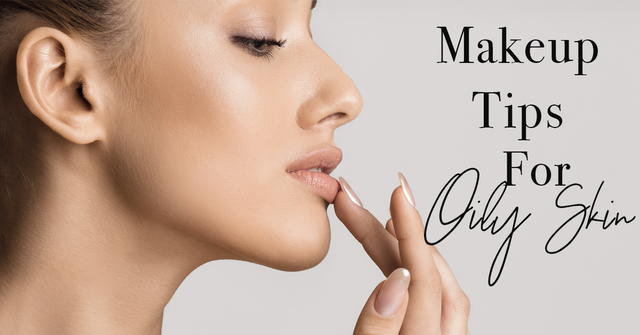We all have sebaceous glands under our pores that create natural oils called sebum. The production of sebum actually keeps your skin hydrated and nourished, but in some individuals, the sebaceous glands are a little overzealous and produce too much oil.
There are many different causes of oily skin, and in order to manage your complexion it’s helpful to know what those may be. Here’s a rundown of some likely culprits:
Genetics – You can be genetically predisposed to oily skin. Your heritage may have a tendency toward active sebaceous glands. If you find you are prone to greasy skin due to your genes, wash with a gentle but effective cleanser such as Rejuvoderm. This will purify and balance oil levels while maintaining a soft and radiant complexion.
Hormones – Hormones present a challenge from the time we’re in our teen years until we pass the point of menopause. In teenagers, wildly fluctuating hormone levels cause excess oil and, eventually, breakouts. Women enduring menopause also experience changing hormone levels. During these times of our life adding a toner like Maxatone to our skincare regimen can really help by purging oil and dirt while tightening pores.
Stress – Stress causes us a lot of grief in every area of our lives, and our complexion is one of them. When we’re stressed out, androgen levels escalate, resulting in increased sebum production. Learning to manage stress can keep excess oil at bay.
Diet – Keeping your diet healthy with an optimal amount of vegetables, fruit, fiber, proteins, and healthy fats will help ensure your skin is well-nourished, contributing to balanced skin.
Ultraviolet Rays – Your body’s response to excess sun exposure increases sebum production, which is required for the healing process. Be sure to wear sunscreen when outdoors regardless of the season or the weather.
Medications - Certain drugs including birth control pills can cause oily skin often due to androgenic effects. Check with your doctor if you suspect your pharmaceuticals are contributing to your oily complexion.
Skincare Routine – You may need to evaluate your skincare routine. Choose products with formulations that combat excess oil without stripping your skin of moisture. Cleansers, moisturizers, toners, and other products should gently balance your skin and keep it well hydrated and flawless. An effective night moisturizer like a Suvoderm will repair overnight, protecting your skin throughout the next day.
Weather – Weather conditions can affect the oil levels on your skin. Humidity causes your skin to sweat and become oily while cold, dry air may compel your sebaceous glands overcompensate, increasing sebum production. Using a lightweight moisturizer such as Dermaxsol will keep your skin hydrated and balanced throughout the four seasons.
More stories

5 Surprising Benefits of Having a Oily Skin



